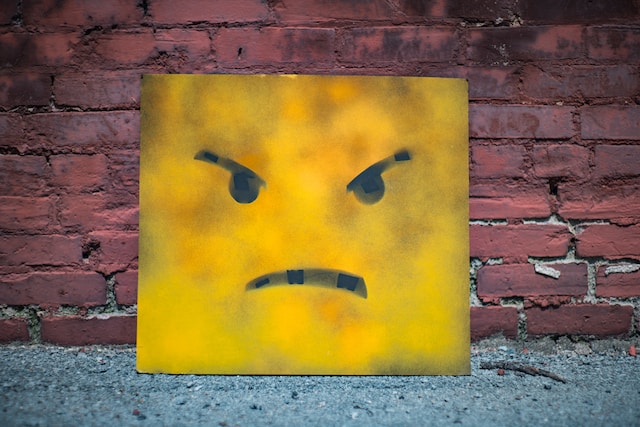My Perspective
Do Better BBC…
It failed to ‘expose’ the important issues:
- This was a poor piece of journalism that missed the most important messages of:
a) the impact of undiagnosed ADHD
and
b) how being on long ADHD waiting lists is harming already vulnerable people - I’ve never known anyone have a 3.5 hour long NHS assessment. Would it really be this long of it wasn’t being filmed?
- Were patients knocked further down the NHS waiting list to make room for the assessment for the filming of this? Or did the BBC wait years for their journalist to get some time with the consultant? I’m not the only one asking questions.
It was poorly researched and biased:
- BBC producers trawled Reddit subs when planning this documentary looking for people who had bad experiences with private ADHD clinics and disregarded those who had good experiences.
- The BBC journalist told the NHS consultant he did not think he had ADHD. However, he failed to mention this to the private companies (deliberate skewing).
- The NHS consultant chose his words carefully and said the BBC journalist ‘didn’t meet the NHS clinical threshold for ADHD’ not that he didn’t have ADHD. Part of the diagnostic clinical threshold is the patient’s perspective on whether they think they have ADHD.
It included misleading information:
- The NHS can’t even begin to cope with the volume of current referrals. Putting them out to reputable private companies via the Right To Choose system is the only option. Sadly, some are now questioning the validity their private or their NHS Right To Choose assessments and diagnoses from reputable companies like ADHD 360, Psychiatry UK, Clinical Partners, The ADHD Centre etc. Some are cancelling appointments and asking to be added to a general NHS list (6 years in some areas), putting the NHS under more pressure and making waiting lists longer for the huge number of people who can’t afford to go private.
- The majority of private clinics are also employed by the NHS.
- Of course ADHD stimulant medication should never be prescribed without initial and ongoing medical checks (heart, blood pressure etc) and mental health history taken. The vast majority of the time, it isn’t. Reputable private clinics routinely make shared care agreements so patients can have checks on the NHS. They do gradual titration with monitoring. They manage the expectations of the patient and tell patients that ADHD medication is not always suitable and is part of the bigger picture of lifestyle, practical and therapeutic support.
- The documentary failed to finish the process so couldn’t share what the ‘exposed’ private clinics would have done before medication was actually prescribed.
- The particular GP in the BBC doc is known to be against ANY private assessment or diagnosis for anything.
It’s message was potentially harmful:
- For some, being undiagnosed or doubting the validity and impact of ADHD can destroy their self worth and massively increase suicide risk (proven). If private diagnoses are questioned (which has happened more since the documentary), this could have a negative mental health impact.
- It failed to balance the harm of over diagnosis/medication of ADHD with the harm of under diagnosing ADHD (mental health problems, suicide, addiction, unemployment, ripple effect on relationships)
- How was this documentary supposed to help people?
Conclusion
My response to BBC Documentary Private ADHD Clinics Exposed is that it was shady, biased, poorly researched, irresponsible, cruel and dangerous. This Guardian article shares a much more balanced and honest perspective. Many of the ADHD community are besides themselves at this programme because we detest injustice, we feel things intensely and on behalf of something bigger than ourselves. Things like this can be the straw that breaks the camel’s back. Many of us have spent our whole lives feeling and being invalidated. Every day we experience others doubting the existence of something that is our reality. We already face societal stigma. We feel it. It hurts. And we really don’t need it right now.
I send love and strength to those who are seeking help for potentially undiagnosed ADHD, especially for whom paying to go private is not an option.
If you need support, check out my:
Free ADHD Resources
If you want to explore neurodivergent friendly coaching or psychotherapy, check out:
ADHD Coaching Page
Thank you for reading
Kate (A Tidy Mind Founder)

